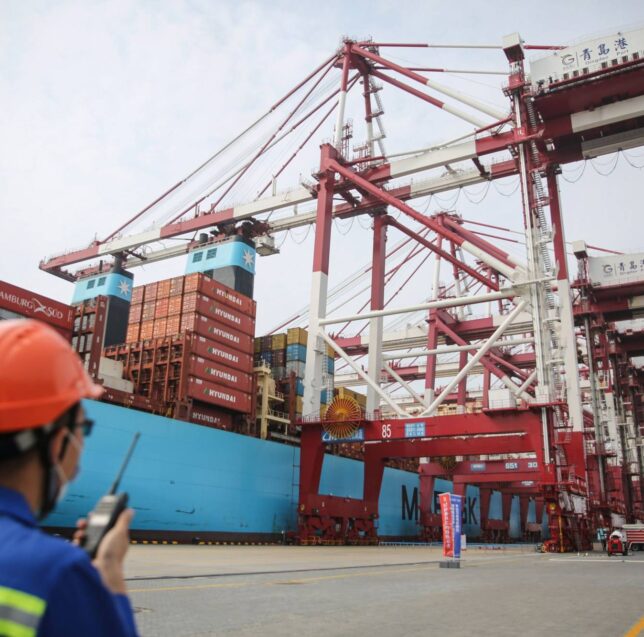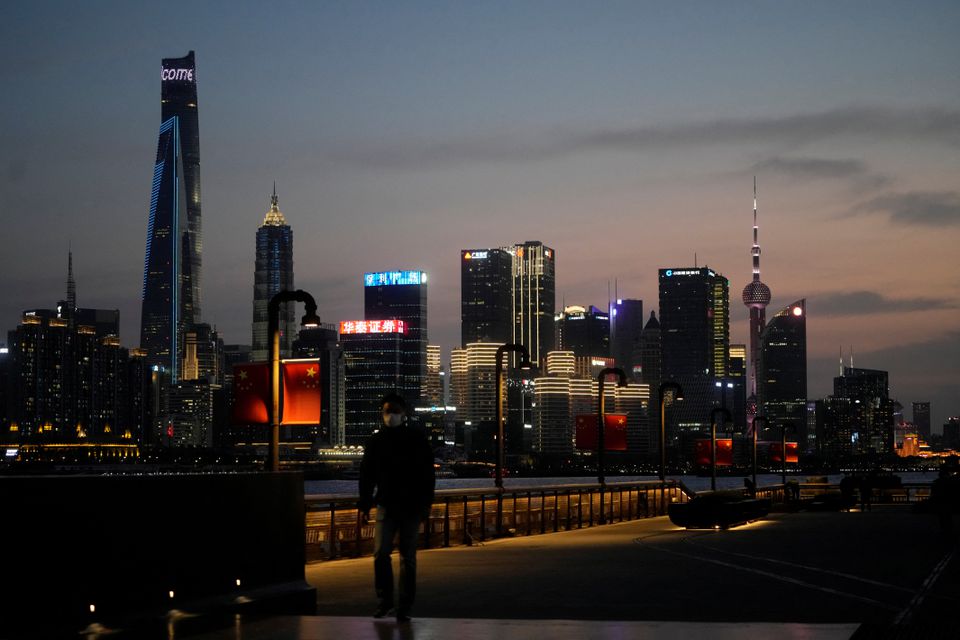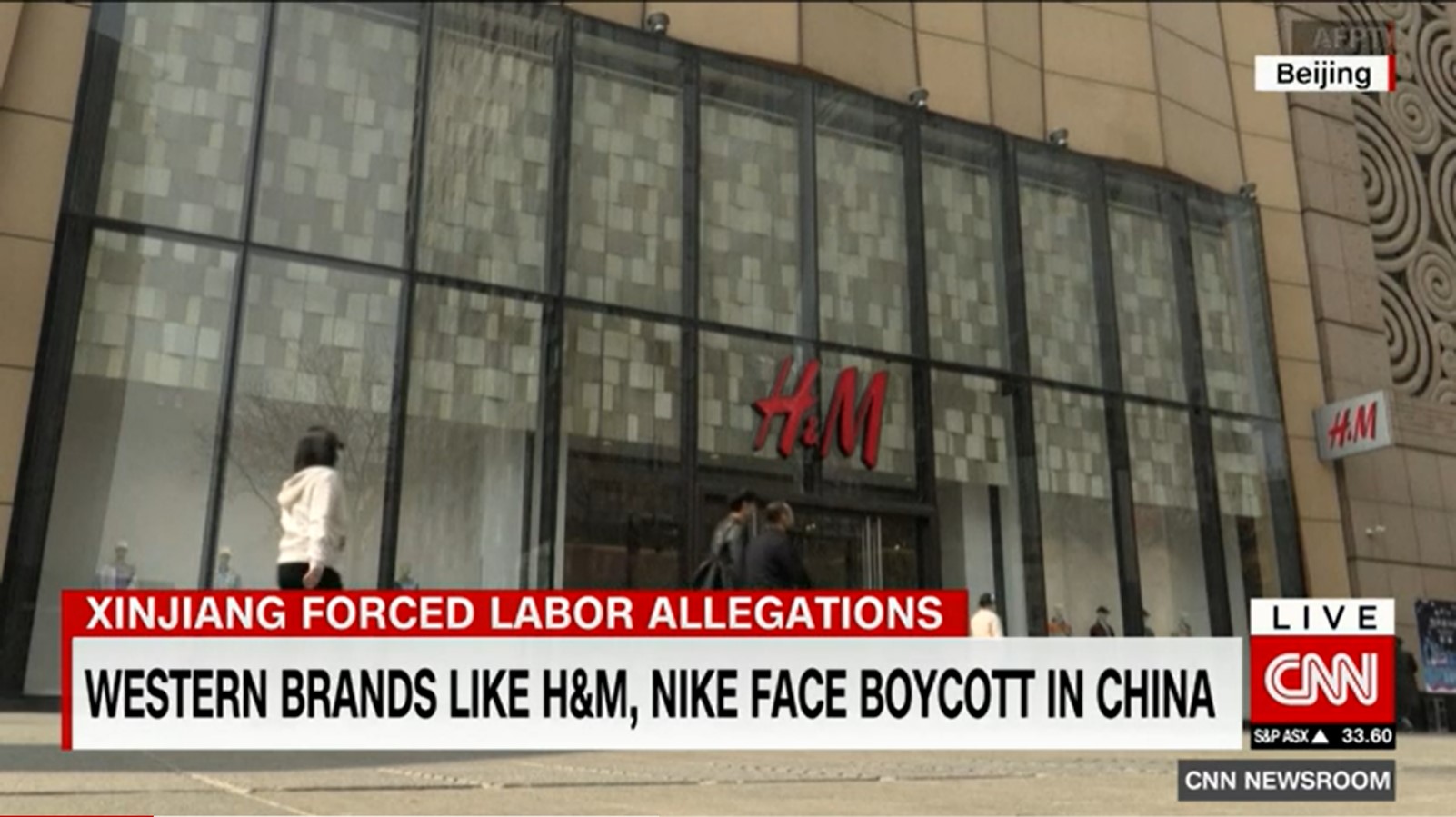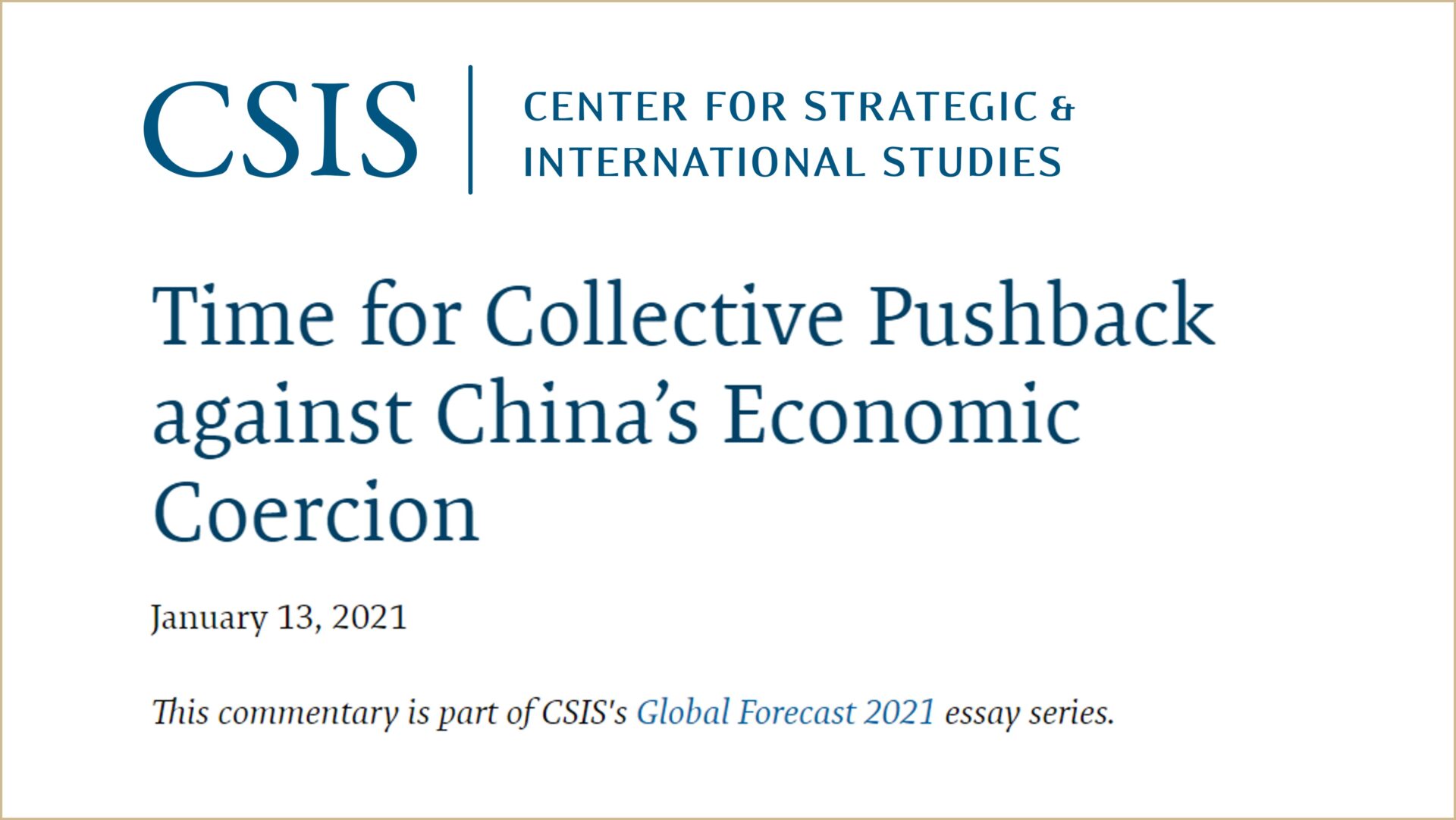Coercion
Economic coercion – threatened or actual imposition of economic costs by a state on a target with the objective of extracting a policy concession – is an increasingly prominent instrument of Chinese foreign policy. The PRC typically employs four types of coercive economic diplomacy:
Trade Restrictions
Beijing has employed many tactics, including tariff increases, targeted customs inspections, license denials, informal embargoes, and selective use of international regulations.
Tourism Curbs
With a large number of outbound tourists and considerable control over their movements, Beijing has frequently restricted tourist flows to other countries.
Actions Against Foreign Companies and Industries
A high degree of centralized government control enables the PRC to take punitive measures against companies and industries that are associated with a country that China is seeking to punish. In some instances, the PRC uses economic coercion to target companies to change specific practices that the Chinese Communist Party deems objectionable which are not connected to government policy.
Popular Boycotts
The PRC uses state and social media to encourage its citizens to launch nationalistic boycotts against companies and industries from a target state.


China exerting growing pressure on foreign companies, study finds
China is exerting increasing pressure on foreign companies doing business in its markets to bring them into line with its political agenda, broadening the “red lines” for issues to which it is allergic, a German study seen by Reuters shows.

China ramps up trade sanctions on Taiwan in wake of Nancy Pelosi’s visit, bans sand exports, fruit and fish imports
Mainland China expanded its trade suspensions on Taiwan to include natural sand and additional agriculture products in the latest retaliation to the highly controversial visit by US House Speaker Nancy Pelosi to the self-ruled island.

H&M and Nike are facing a boycott in China over Xinjiang cotton statements
H&M, Nike and other big Western apparel brands are facing a boycott in China because of the stand they’ve taken against the alleged use of forced labor to produce cotton in the country’s western region of Xinjiang.

Time for Collective Pushback against China’s Economic Coercion
Coping with the multitude of challenges that China poses will require building coalitions. President-elect Joe Biden knows this.